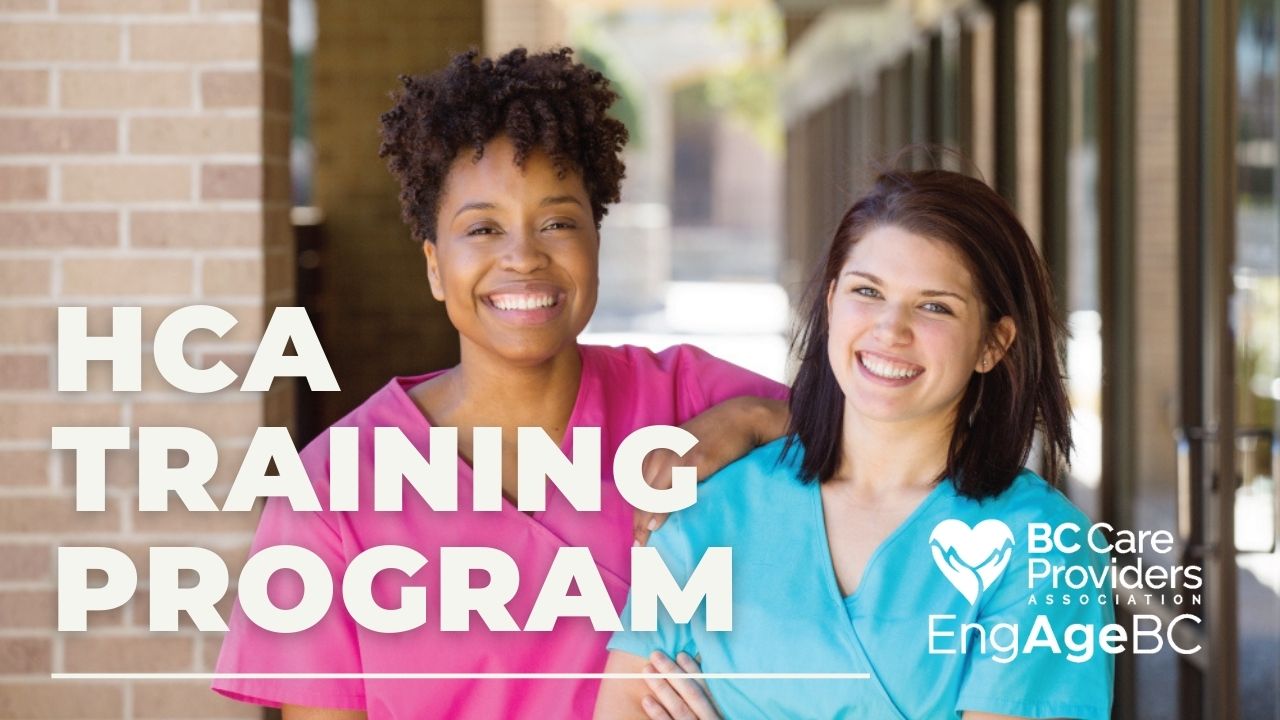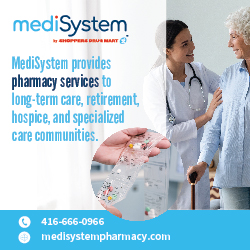Program Overview
BCCPA regularly applies for grant funding to facilitate career pathways for those looking to work in B.C.’s diverse health care sector through our Health Care Assistant (HCA) Training Program.
How to Apply
Active opportunities are subject to grant funding availability and will be posted on this page as they arise.
To express your interest and receive alerts about future opportunities, please click here to complete our Training Intake Request form.
We will contact you if an active funding opportunity becomes available in your community.
General Enquiries
For general enquiries, please contact BCCPA Programs department:
Email: programs@bccare.ca
Phone: 604-736-4233 ext. 246






